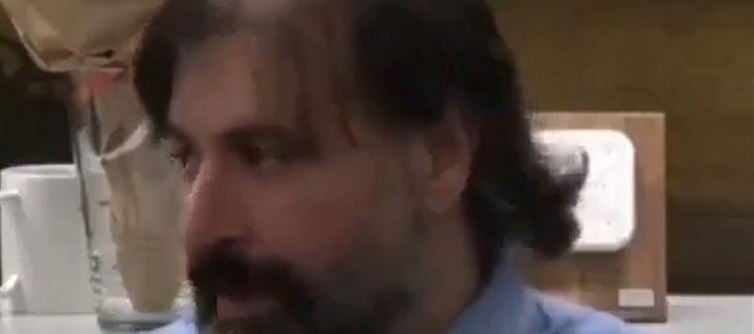
Carlson’s claim that Muslim immigration correlates with higher crime rates in countries like the UK has been widely challenged by academic research and law enforcement data. Numerous studies have found no significant difference in crime rates between Muslims and non-Muslims once socioeconomic factors—such as poverty, education, and employment—are taken into account. By ignoring these variables, such arguments risk conflating correlation with causation and can perpetuate harmful stereotypes. These narratives, while resonating with certain audiences, can contribute to rising Islamophobia and alienate entire communities that already face challenges in social integration and representation.
Nevertheless, it’s important not to dismiss concerns surrounding integration, cultural cohesion, and public safety out of hand. europe has indeed faced integration challenges in certain areas, including housing, education, and employment for migrant populations—issues that governments must address honestly and constructively. However, the conversation must be based on facts and avoid generalizations that paint diverse communities with a broad brush. Muslim populations in europe are not monolithic; they include professionals, entrepreneurs, artists, and public servants who contribute significantly to the social and economic fabric of their countries. A nuanced, balanced perspective is crucial to fostering social cohesion and preventing divisive rhetoric from driving policy and public opinion.




 click and follow Indiaherald WhatsApp channel
click and follow Indiaherald WhatsApp channel